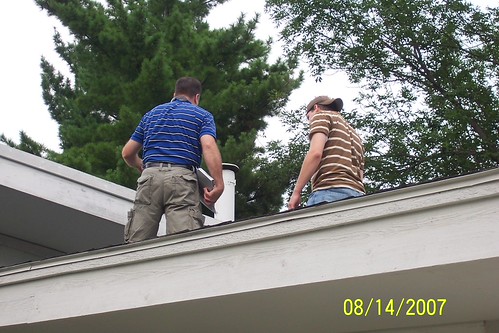Lehigh Valley Mortgage and Real Estate: Specialty Mortgages: Risks and Rewards
In high-priced housing markets, it can be difficult to afford a home. That’s why a growing number of home buyers are forgoing traditional fixed-rate mortgages and standard adjustable -rate mortgages and instead opting for a specialty mortgage that lets them “stretch” their income so they can qualify for a larger loan.
-rate mortgages and instead opting for a specialty mortgage that lets them “stretch” their income so they can qualify for a larger loan.
But before you choose one of these mortgages, make sure you understand the risks and how they work.
Specialty mortgages often begin with a low introductory interest rate or payment plan — a “teaser”— but the monthly mortgage payments are likely to increase a lot in the future. Some are “low documentation” mortgages that come with easier standards for qualifying, but also higher interest rates or higher fees. Some lenders will loan you 100 percent or more of the home’s value, but these mortgages can present a big financial risk if the value of the house drops.
Specialty Mortgages Can:
• Pose a greater risk that you won’t be able to afford the mortgage payment in the future, compared to fixed rate mortgages and traditional adjustable rate mortgages.
• Have monthly payments that increase by as much as 50 percent or more when the introductory period ends.
• Cause your loan balance (the amount you still owe) to get larger each month instead of smaller.
Common Types of Specialty Mortgages:
• Interest-Only Mortgages: Your monthly mortgage payment only covers the interest you owe on the loan for the first 5 to 10 years of the loan, and you pay nothing to reduce the total amount you borrowed (this is called the “principal”). After the interest-only period, you start paying higher monthly payments that cover both the interest and principal that must be repaid over the remaining term of the loan.
• Negative Amortization Mortgages: Your monthly payment is less than the amount of interest you owe on the loan. The unpaid interest gets added to the loan’s principal amount, causing the total amount you owe to increase each month instead of getting smaller.
• Option Payment ARM Mortgages: You have the option to make different types of monthly payments with this mortgage. For example, you may make a minimum payment that is less than the amount needed to cover the interest and increases the total amount of your loan; an interest-only payment, or payments calculated to pay off the loan over either 30 years or 15 years.
• 40-Year Mortgages: You pay off your loan over 40 years, instead of the usual 30 years. While this reduces your monthly payment and helps you qualify to buy a home, you pay off the balance of your loan much more slowly and end up paying much more interest.
Questions to Consider Before Choosing a Specialty Mortgage:

• How much can my monthly payments increase and how soon can these increases happen?
• Do I expect my income to increase or do I expect to move before my payments go up?
• Will I be able to afford the mortgage when the payments increase?
• Am I paying down my loan balance each month, or is it staying the same or even increasing?
• Will I have to pay a penalty if I refinance my mortgage or sell my house?
• What is my goal in buying this property? Am I considering a riskier mortgage to buy a more expensive house than I can realistically afford?
Be sure you work with a REALTOR® and lender who can discuss different options and address your questions and concerns!
Learn about the NATIONAL ASSOCIATION OF REALTORS® Housing Opportunity Program at http://www.REALTOR.org/housingopportunity. For more information on predatory mortgage lending practices, visit the Center for Responsible Lending at http://www.responsiblelending.org.
Reprinted from REALTOR® magazine (REALTOR.org/realtormag) with permission of the NATIONAL ASSOCIATION OF REALTORS®. Copyright 2008. All rights reserved.
40.594774
-75.522979
















